Real Recovery that Lasts
Addiction Treatment Programs at Cornerstone of Recovery
An Evidence-Based Approach
TO ADDICTION RECOVERY
No matter where you are in your journey to recovery, Cornerstone of Recovery has the right place and program for you. We offer proven addiction treatment tailored to your specific needs and situation at every step of the way. From residential drug and alcohol rehab programs and detox services to outpatient therapy and aftercare, Cornerstone’s comprehensive treatment approach is designed to set you on the path to long-lasting sobriety and a fulfilling, meaningful life.
Since 1989, Cornerstone has combined traditional 12 Step methods and innovative, evidence-based therapeutic tools to fulfill our primary mission: to save lives, families, and jobs by providing hope, healing, and recovery for those impacted by the disease of addiction. Our skilled medical, clinical, and support teams deliver high-quality care that is accredited by the Joint Commission and recognized for its outcomes by leading insurance companies.
CONTINUUM OFcare
Residential
Cornerstone’s inpatient rehab centers offer intensive treatment programs for alcohol or drug addiction in a safe, supportive community featuring modern residences and natural views.
Detox
Cornerstone’s onsite detox services helps you begin your recovery story safely and comfortably while being monitored by our licensed medical and clinical staff.
Extended Care
Our Extended Care program helps patients who’ve had a difficulty maintaining long-term sobriety with additional treatment time and special programming.
PHP
The most hands-on of our Outpatient Services, our Partial Hospitalization Program (PHP) offers effective treatment while you reside at home or other supportive living facility.
IOP
Our intensive outpatient program (IOP) meets several times per week with convenient morning and evening sessions, helping you balance treatment with home and work responsibilities.
Outpatient
Guided by our qualified professionals, Cornerstone’s outpatient groups help patients learn in community and share their stories and experiences with peers and receive directed support in individual sessions.
Aftercare
We’re committed to your ongoing recovery and after your initial treatment, continuing care and recovery coaching is the next step toward long-term stability in your recovery.
Hope. Heal. Recover.
The Cornerstone of Recovery Campus | Near Knoxville, TN
Residential Addiction Treatment Facility
Outpatient Addiction Rehab Center
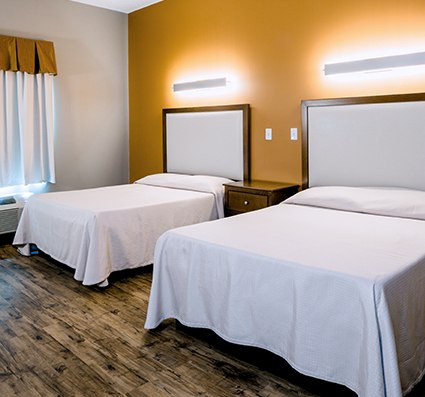
Comfortable Residences
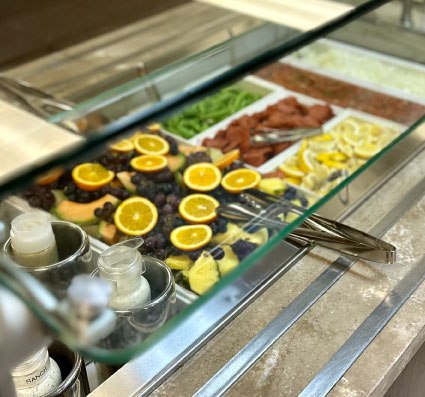
Healthy & Delicious Dining
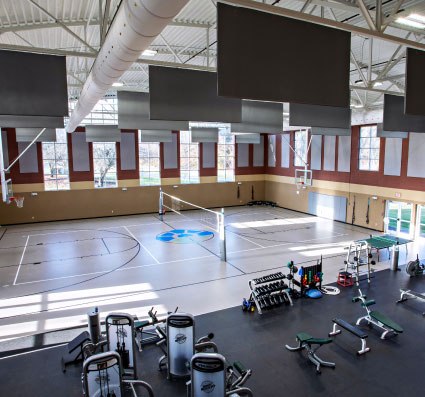
Recreation & Relaxation
INSURANCE
We are in network with most insurance providers, including Blue Cross Blue Shield, United Healthcare, Humana, Aetna, TRICARE, and Veterans Community Care programs. Contact us for a free insurance verfication to find out what benefits are available through your plan

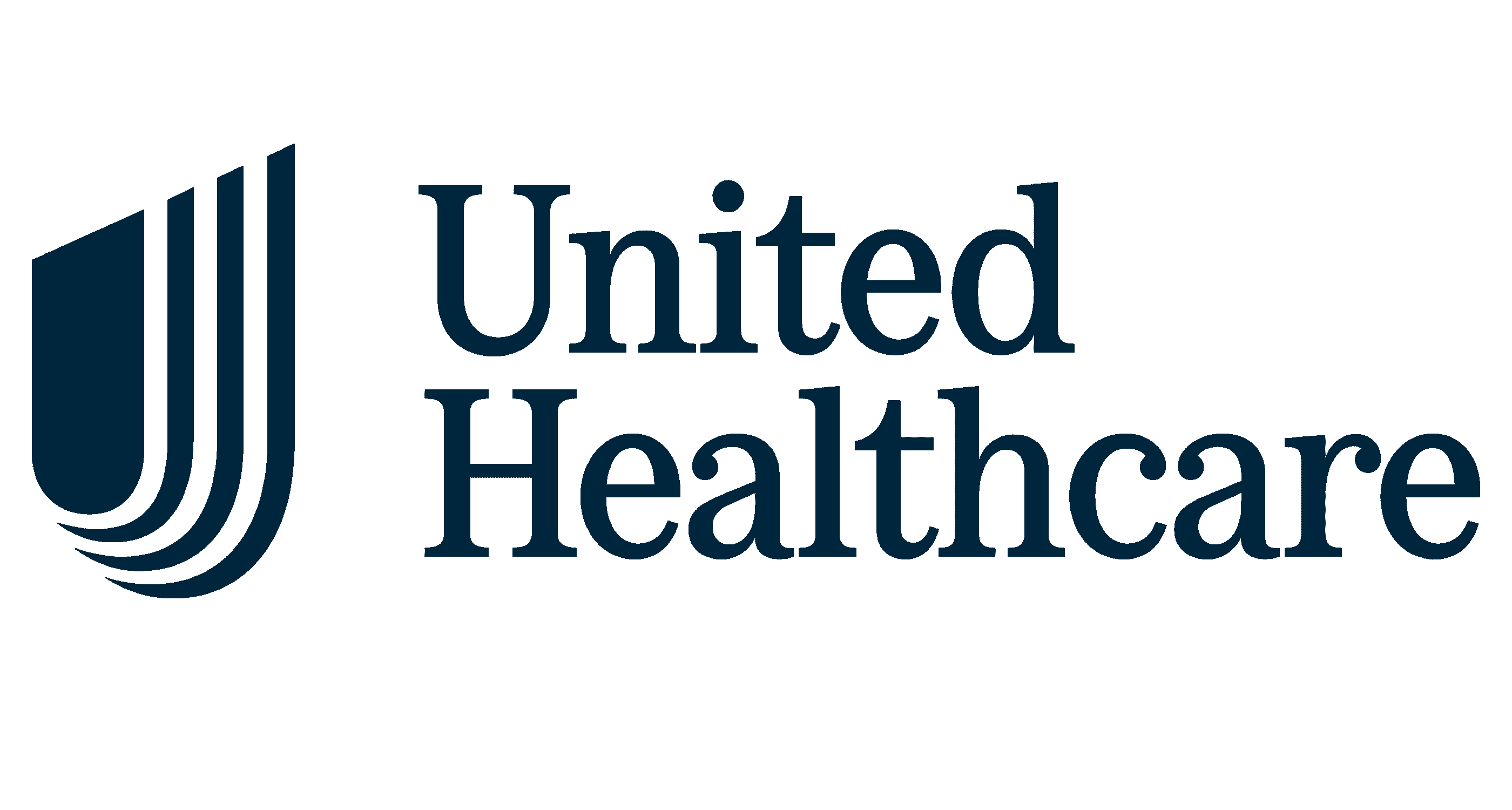



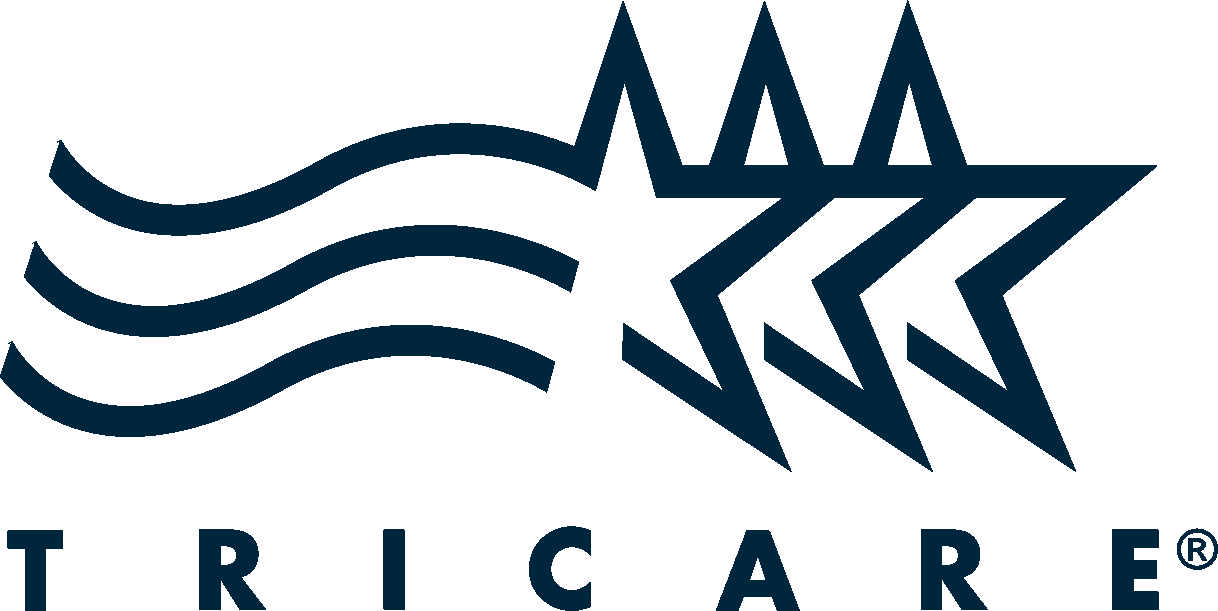
Specialty Addiction Treatment Programs
Addiction does not discriminate, and we’ve seen it affect people of all ages, backgrounds, and socioeconomic levels.
Our mission is to help anyone struggling with addiction find help and healing. Our specialty programs allow us to further tailor treatment plans to meet specific needs and circumstances, such as life stage, faith, and career-based requirements.
Recovery programs grounded in 12 Step principles have helped millions of people enjoy a life of sobriety. Key elements of 12 Step programs are peer fellowship, peer support and ongoing participation in a program.
While in treatment at Cornerstone, you’ll learn about the 12 Steps and begin working through them. You’ll also begin attending 12 Step meetings, where you’ll discover the value of getting a sponsor. And, post treatment, you gain experience working through each of the Steps. It’s a journey. It’s a process. And we’re proud to walk alongside you every step of the way.
We’re here, 24/7.
Since we opened our doors in 1989, our innovative inpatient and outpatient drug and alcohol rehab programs have been making healing and hope possible.
For more information or immediate confidential help, please call us any day, any time.

